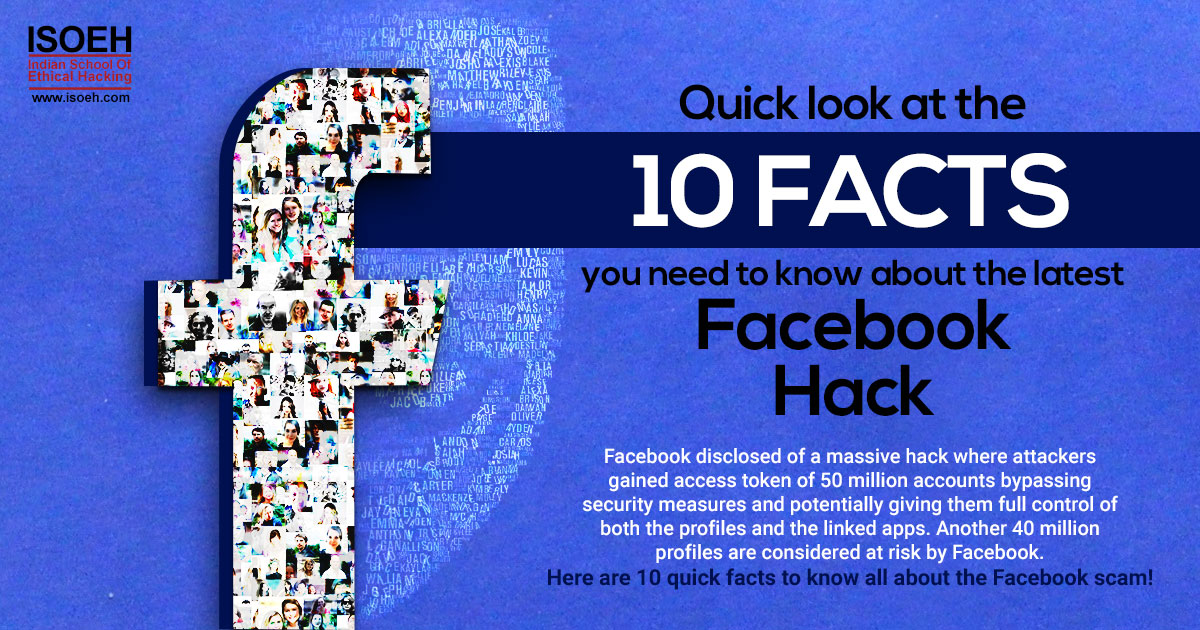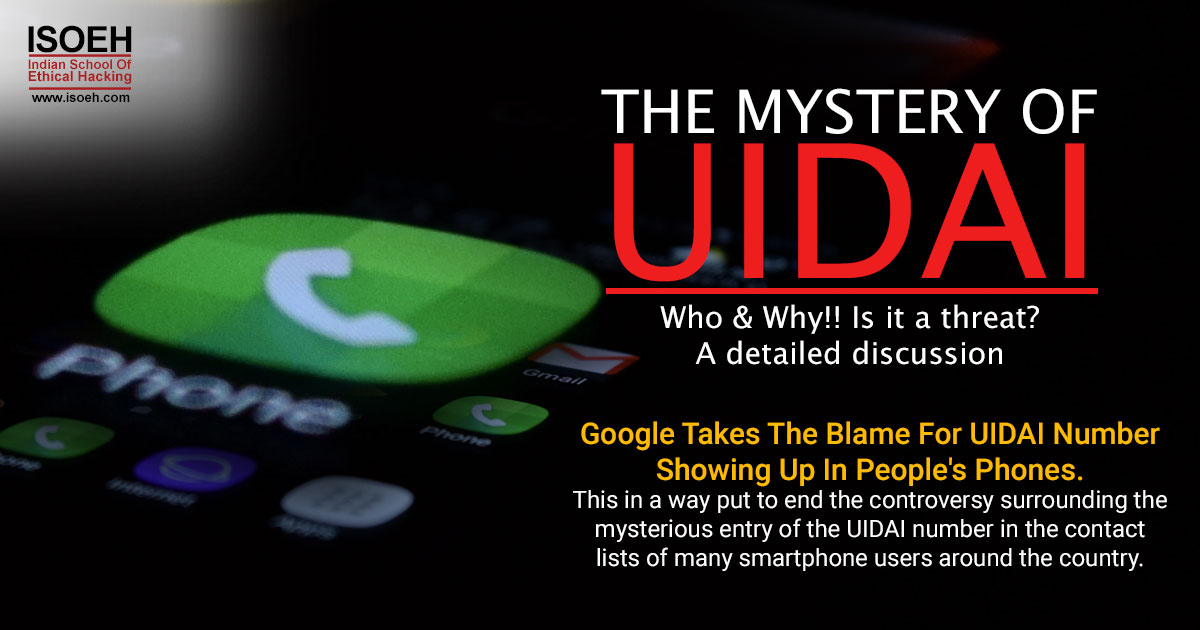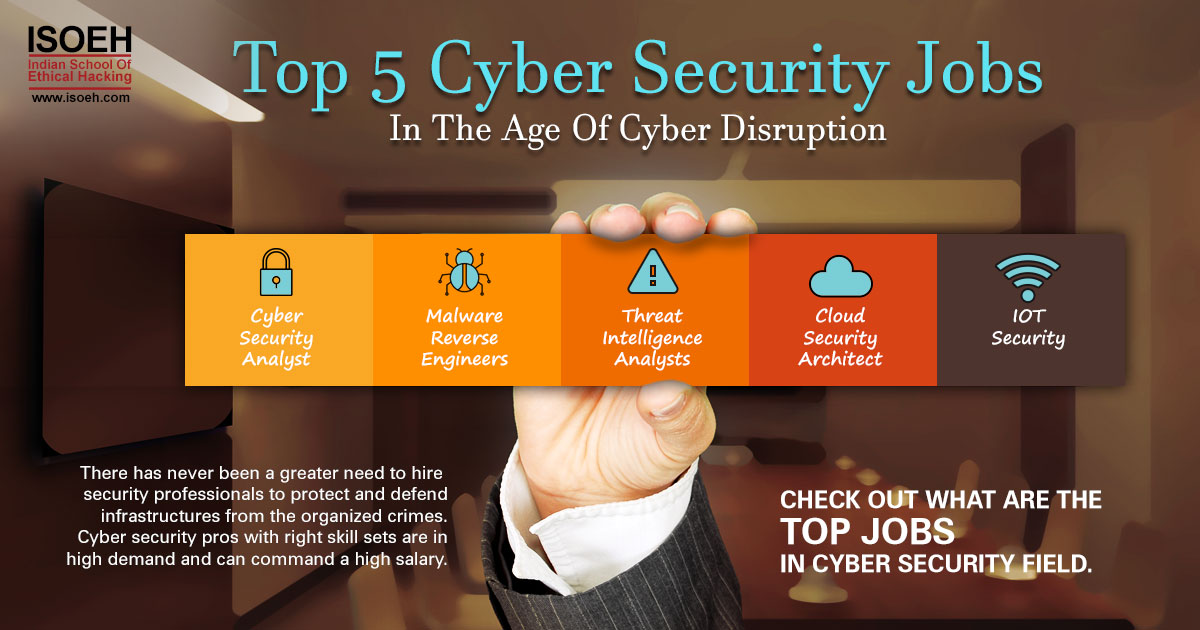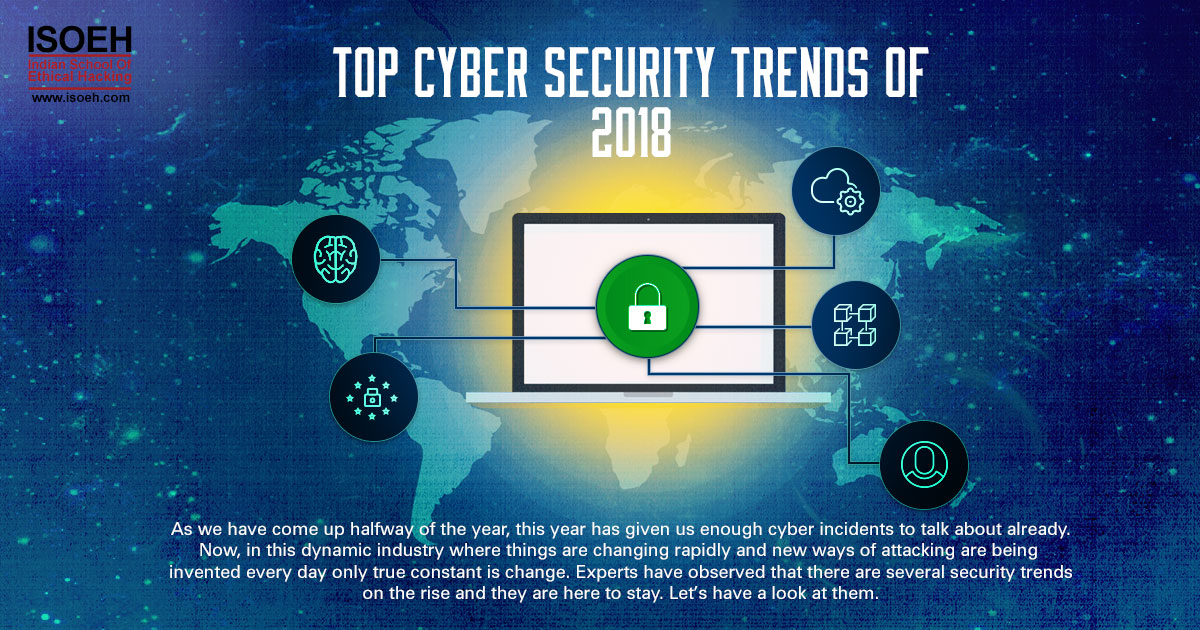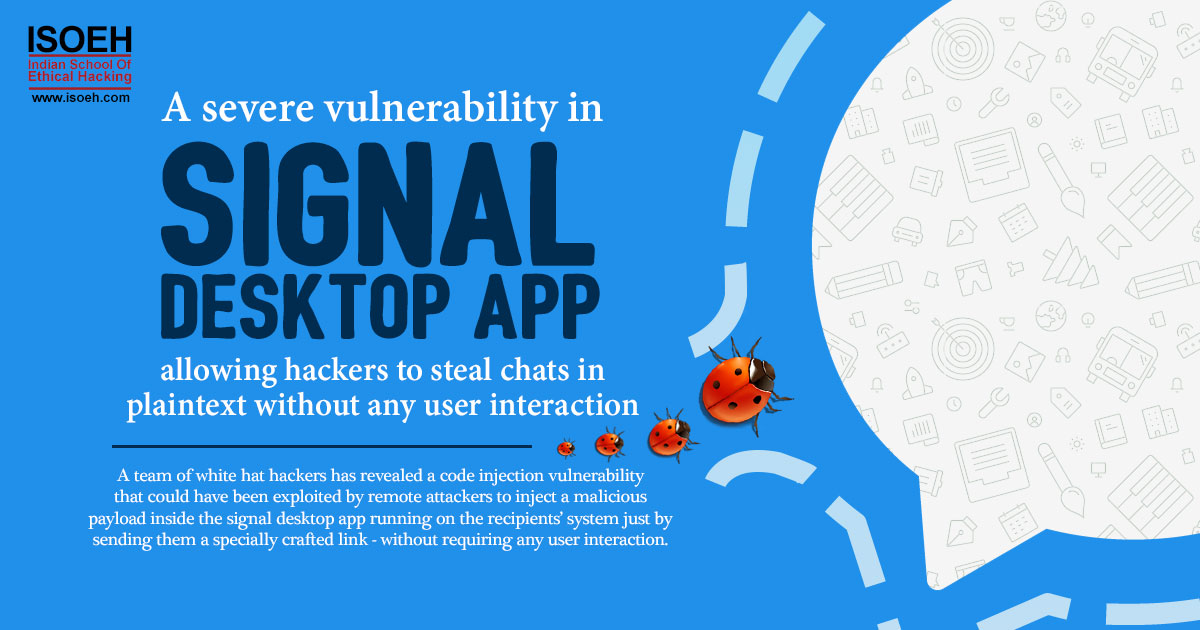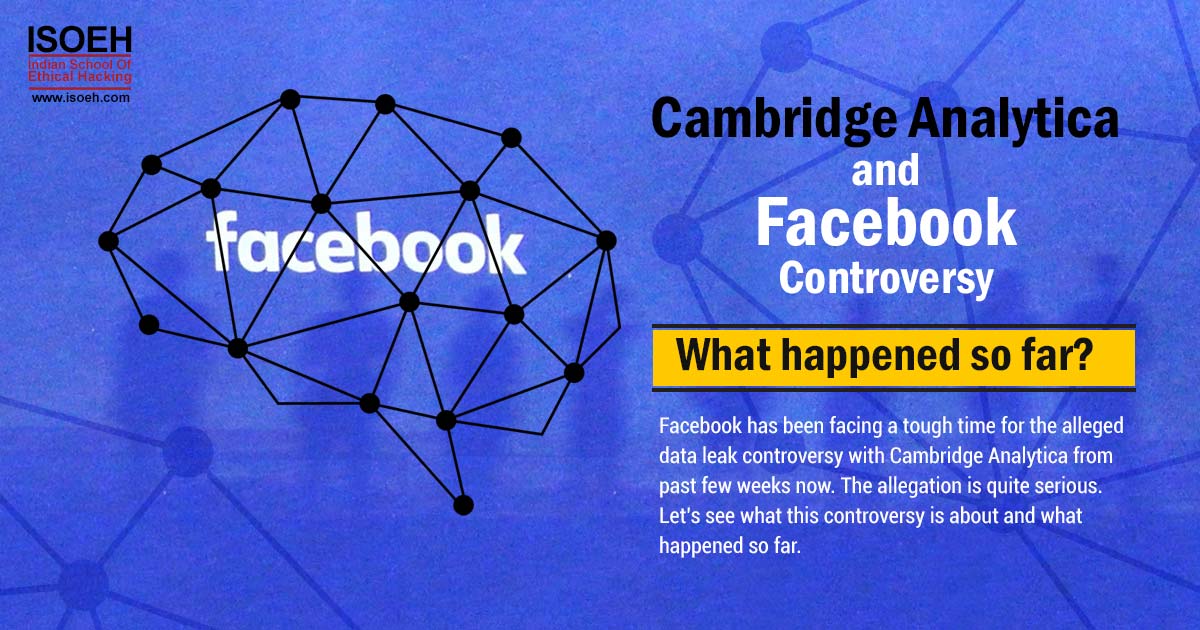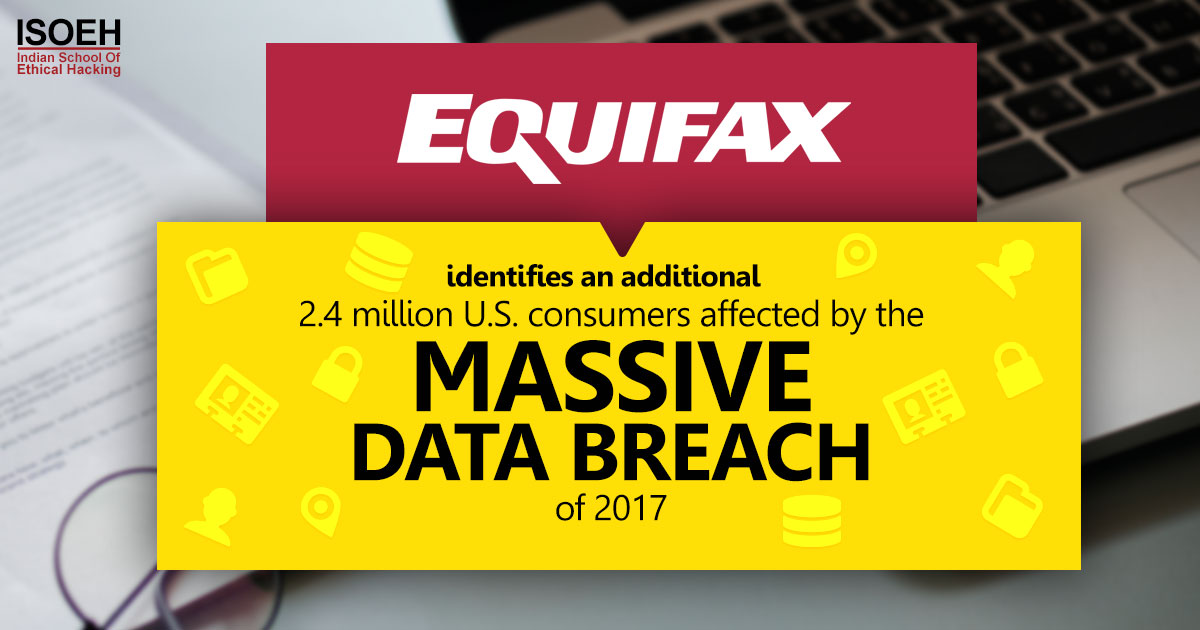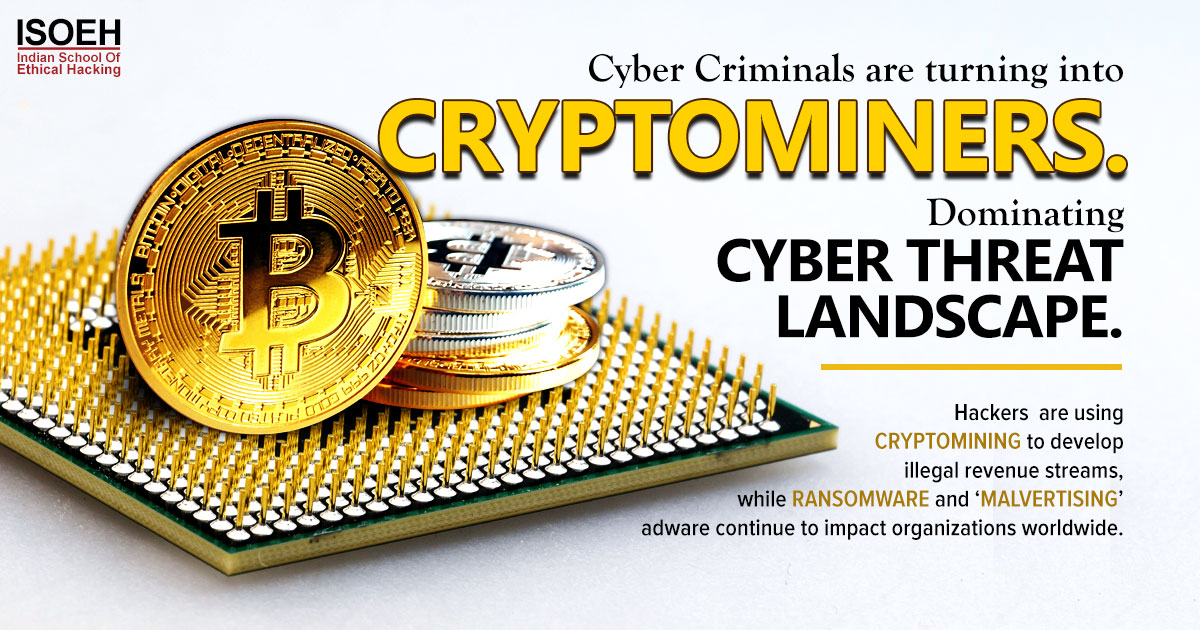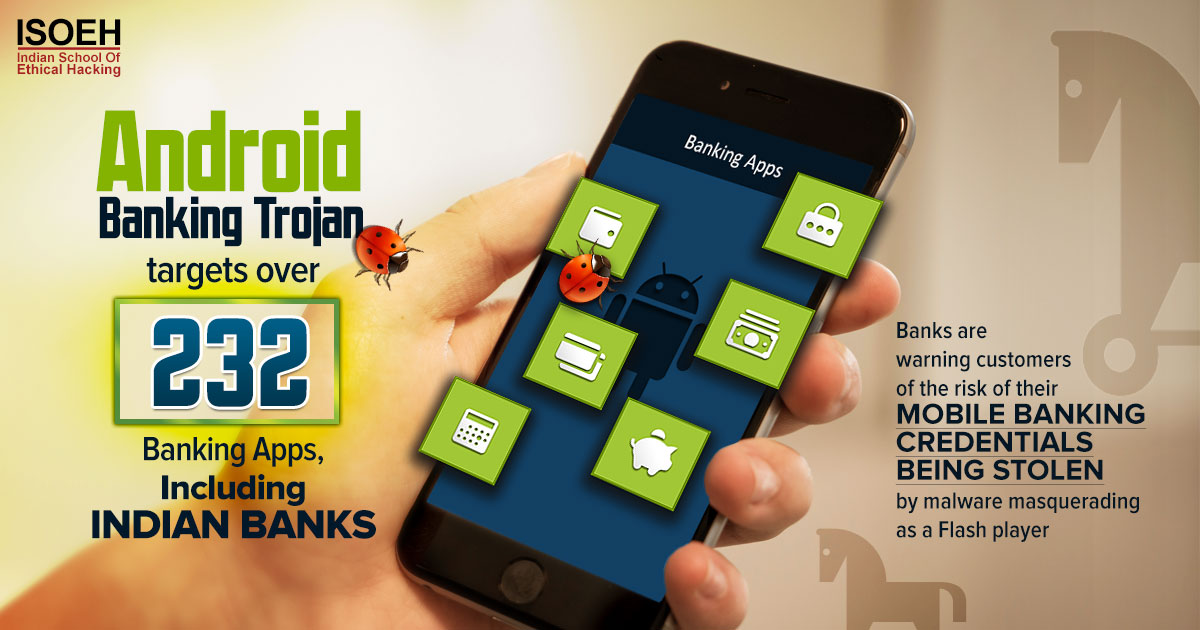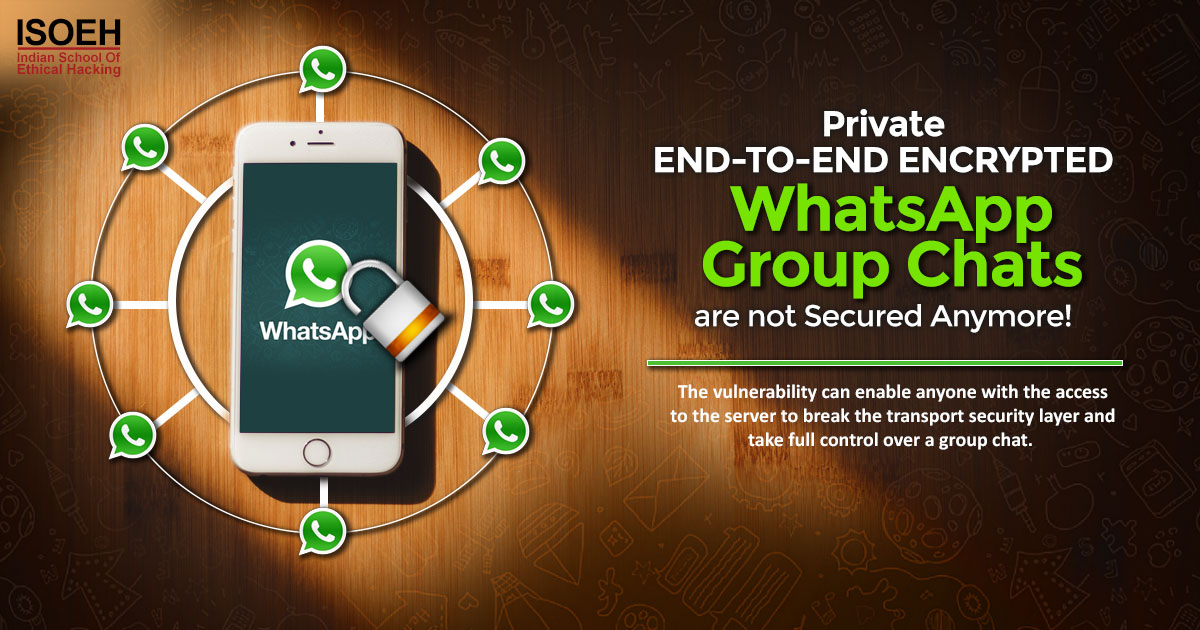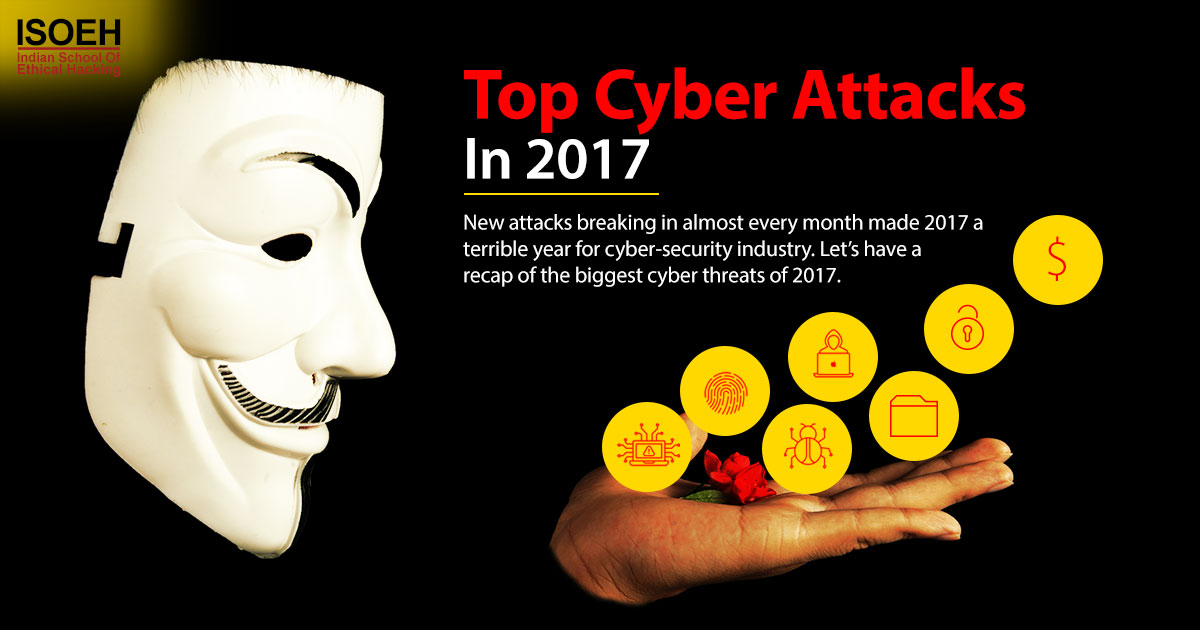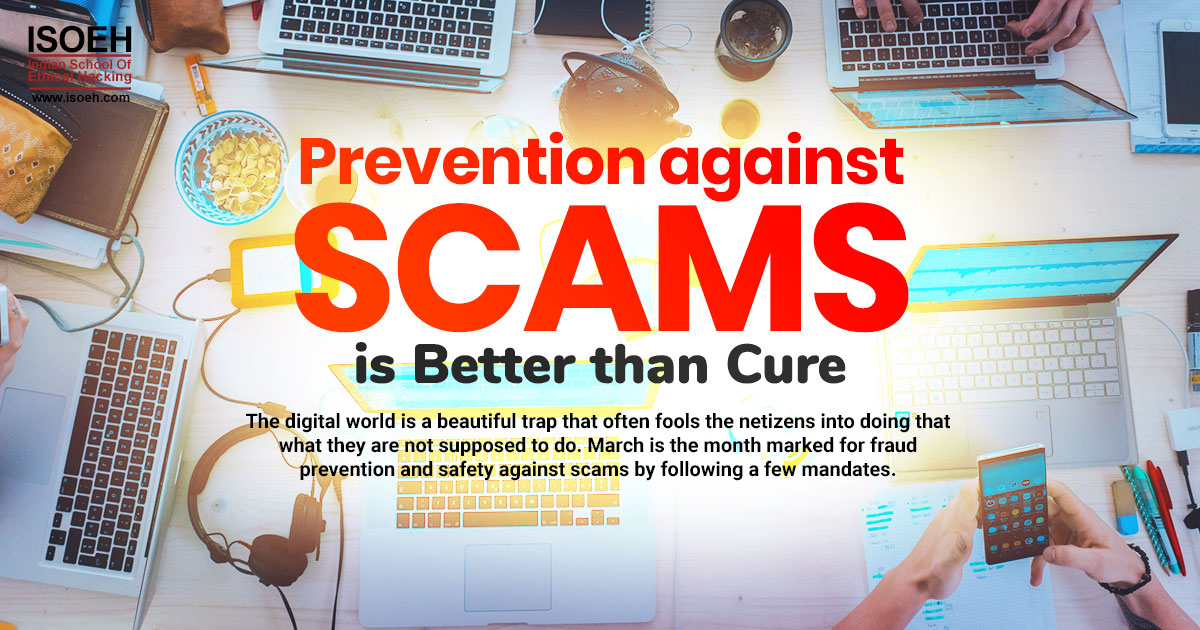
The digital world is a beautiful trap that often fools the netizens into doing that what they are not supposed to do. March is the month marked for fraud prevention and safety against scams by following a few mandates.
Hackers and fraudsters are everywhere.
With respect to their omnipresence, scamstars of the virtual village has strong competition with GOD!!!
The world of internet is replete with offers and ideas which often mislead users into giving away their confidential information and getting cheated in return. In order to make a mark against this vicious virtual cycle March has been marked as the online Fraud Prevention Month and a series of online anti-corruption activities started in Canada.
Internet experts have shared their ideas on how to stop scams and prevent innocent netizens from falling prey to virtual scam schemes.
Here are some of the tips as excerpted from the words of a cross section of professionals.
- It is advisable to not wait to be a victim. We the citizens of the modern world are too busy to think about anything unless it is affecting us directly. Hence the ignorance in taking preventive measures. Internet frauds do not happen every day. But when they happen they wreak havoc across a lot of domains costing priceless hours of work, enormous amount of money and man power. Hence it is advisable to wake up and smell the coffee before it is too late for home users as well as business organizations alike. A prevention plan to ward off the traps and tricks of hackers is an essential back up for all internet users.
-
Some of the steps to protect yourself against email or phone phishing
- Cross check the emailed link or URL for its authenticity before clicking on it
- Refrain from submitting details on a website which does not look right
- Instead of clicking on links to landing pages, type the URL manually
- Don't click on suspicious links or attachments
- The following are the precautions for banking frauds and identity thefts
- Check the need and intention of the query when asked for personal information on or off line
- Keep to a certain limit while sharing personal details on social media
- Create alerts for yourself when anyone intrudes into your credit files
- Consider keeping your credit files locked when not in use
- Take similar care for children as well
- Cross check bank statements regularly
- Check e mails from banks etc regularly
- Ensure mobile protection with unique pin codes and passwords
- Accounts must similarly secured by pin codes and passwords
- Use of multifactor authentication is important
- Security software should be up-to-date
- Tax filing and registering for online social security is also advised
- Proper employee training is very important to enable the working stuff to ward off hacking attacks and phishing attempts themselves daily on as well offline. The Verizon 2019 Data Breach Investigations Report shows a lowering of clicking a phishing test email by employees from 4% to 3% annually which proves organizational awareness helps.
- As the modus operandi of fraudsters are becoming more and more sophisticated, the methods of combating them also, both private and federal, are becoming smarter every day. The whole things start with not being complacent and hence unconsciously vulnerable.
Read on for more stories on hacking.
Hacking Tools
Explore All Hacking Tools »
UFTP is an encrypted multicast file transfer program for secure, reliable & efficient transfer of files. It also helps in data distribution over a satellite link.
Read DetailsBreaking News
Breaking News Of Each Month »
The recent pandemic was unexpected and unknown to most part of the world. It has changed our life and we are slowly adapting to our new lifestyle. The risks associated with the new lifestyle, both personal & corporate, are unknown to most of us.
Read Details


